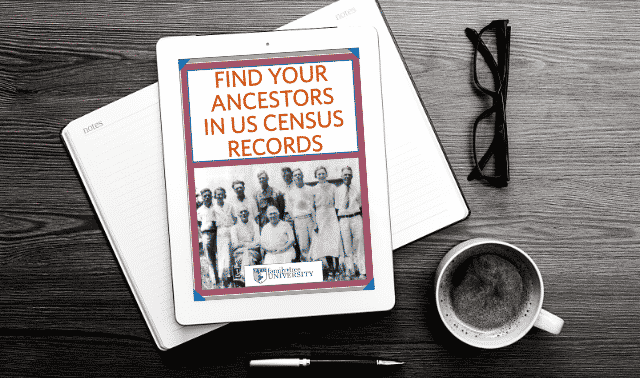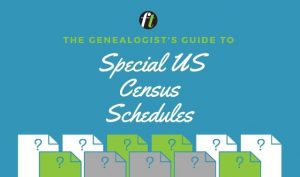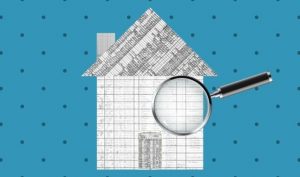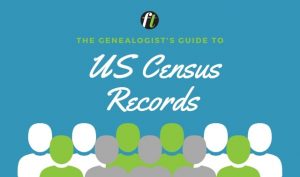Census Records

The 1890 Census Fires and Other Burned Genealogy Records
Record-destroying fires like the 1890 census fires have likely impacted your research. Raise your family tree from the ashes of these disasters with these tips.
Read More
Case Study: Using Censuses and Directories to Trace an Ancestor
See how I found my hard-to-search, common-named ancestor by browsing the census on researching in city directories on Ancestry.com.
Read More
Find Your Ancestors in US Census Records Free eBook
Get an in-depth overview of all the information that each census holds with this free ebook.
Read More
How to Find Ancestors Hiding in the Census
Can't find your ancestor in the US census? You're not alone. Our success strategies help you overcome seven common scenarios for missing ancestors.
Read More
Case Study: 6 Genealogy Discoveries From the 1900 Census
That old genealogical staple, census records, might seem ho-hum at first, but they're full of clues that are important to your research.
Read More
The Genealogist’s Guide to Special US Census Schedules Premium
US census records go beyond those familiar schedules listing your ancestors. Learn how to find and use a variety of special censuses.
Read MoreSign up for the Family Tree Newsletter
Plus, you'll receive our 10 Essential Genealogy Research Forms PDF as a special thank you!
Get Your Free Genealogy Forms
"*" indicates required fields

A Census Search Trick for Hard-to-Find Ancestors
Here's a handy trick to identify hard-to-find ancestors in census records.
Read More
Case Study: Overcoming Identity Assumptions in Census Research
Based on initial assumptions during census research, one ancestor was almost given the wrong identity. Learn more from this case study.
Read More
Case Study: Using the 1940 Census to Solve a Genealogy Mystery Premium
See how one genealogy expert used the 1940 census and other research clues to learn the truth behind a family story.
Read More
The Genealogist’s Guide to US Census Records Premium
Your complete guide to finding and using your ancestors' US census records in your genealogy research.
Read More